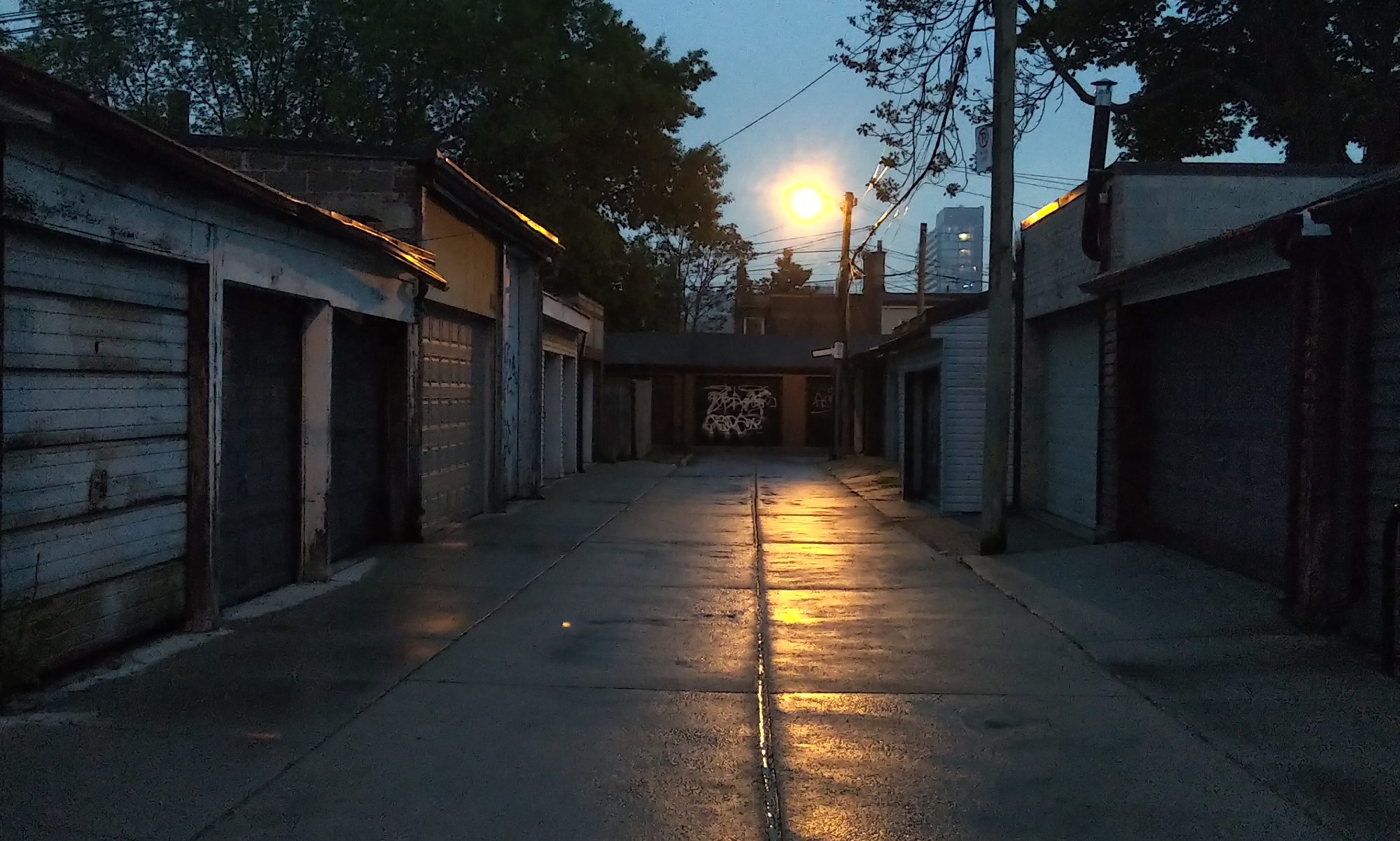Hate it. Hate. I hate it. *spits poison from wound*
Promoting myself sometimes/always feels like putting on a clown suit and yodelling “Hey everybody, something I wrote that I think is good was published,” while squeezing a bulb horn and yuk-yuking my way until falling through a manhole.
I think it — this notion that self-promotion is a kind of fool’s errand — can come down to two things: a socially internalized idea of “selfishness,” and social anxiety.
A big part of it is the visibility. I have social anxiety, though some people who know me may not clue into this, and while it’s way better than when I was younger (thank you, therapy and age) it’s not non-existent, especially on days when I’m feeling conflicted about whatever personal or work-related conflict is afoot. But this is just part of it, a facet of a more complex whole.
Promoting oneself shares some Venn with “networking,” a word which can cause some people to feel the urge to vomit, largely owing to prolonged exposure to those who are just a little too slick and creepy — and sometimes strangely successful — in social situations. How can one be oneself-with-others in a way that is flexible — reasonably invested and and curious — which also makes room for our strangeness; our quirks and idiosyncrasies? I’m not convinced it needs to be the exclusive domain of the neurodivergent or the anxiety-having, who are more attuned to this idea owing to their need to otherwise “blend” in social environments. I think, for many people in the general population, being ourselves-with-others can sometimes feel like a series of situational disguises. Just how coherent are our identities? Is “identity” just an ever-shifting amalgam of self-adjustments to our social environment?
Anyhoo, self-promotion is a similar sort of pain. I don’t want to be that guy (insert image of shameless author plugging their wares to an annoying, kinda desperate degree and taking little interest in, you know, community). And yet it’s kinda naive to think that people will just find your work through a random series of adventures (though that can happen in real life, albeit often on an infinitesimal level).
Look, I will admit I’m luckier than 99% of writers out there: I’ve had the opportunity to visit several cities across the country promoting my books*. I was interviewed by Gil Deacon on CBC Radio*. However, not unlike crowd-surfing (IYKYK), in no time the glow fades out, your ass is on the floor and before you know it you’re abruptly just another chicken scratching at the same yard. (* thanks in large part to my publisher’s travel and publicity grants)
So, I suppose, a thesis: I promote my work because I think it’s good and I would like to encourage people to seek it out if it appeals to them. That sounds pretty straight-forward, right? This isn’t a particularly revolutionary or provocative statement.
This is where “selfishness” comes in, at least for those prone to this idea. I’m not talking about healthily putting one’s interests to the front burner, but rather the idea of self-promotion as an egotistical pursuit, an unchecked desire to put ourselves first in a gross, narcissistic, oxygen-depleting way. There are many reasons for having this play in our thoughts, particularly if you’ve been raised in environments that use guilt and shame as a means of “correcting” behaviour that strides to stand out (let alone celebrate personal accomplishment).
So, yes, doing something perfectly acceptable such as promoting the short story or essay or novel we wrote, the beast that took untold (unpaid) hours of our time to craft, can come across as craven and attention-seeking if we’re feeling less than confident, or struggling with self-worth issues…which, while acceptable within the purview of human complexity, is also kind of silly.
Writers, put your work out there. Shout about it from the rooftops. I might also suggest that, working in the same principle, you put forward the works of your peers along the way. We all deserve to have our works appreciated, and there’s no way of doing this without sticking our necks out in public — it is, I think, part of being an artist, whether or not we are comfortable with it.



